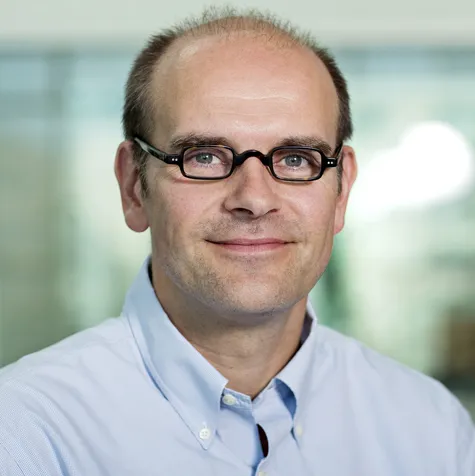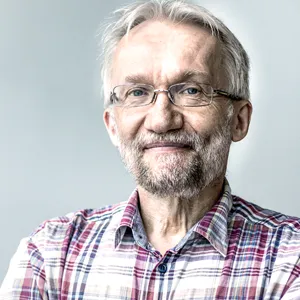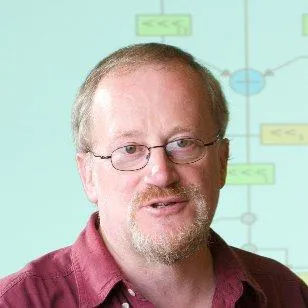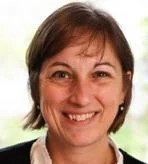
37th International Conference on ICT Systems Security and Privacy Protection – IFIP SEC 2022, 13–15 June 2022

37th International Conference on ICT Systems Security and Privacy Protection – IFIP SEC 2022, 13–15 June 2022

Elections are devices to settle a civil conflict in a peaceful and orderly manner among the different stakeholder groups in society that represent opposing interests.
Without trust, voters may not accept the result of an election, which can challenge peace, order, and human rights.
In this talk, I will address and analyze the challenges that election technologies bring to the democratic process and the increasingly important role of election security.
Carsten Schürmann is a professor in computer science at the IT University of Copenhagen, where he heads the Center for Information Security and Trust.
His research focuses on election security. He consults with governmental and non-governmental organizations on Internet Voting.
He has worked with the OSCE/ODIHR as a senior election expert and has been a member of several election observation missions, to Kenya 2017 (the Carter Center), USA 2018 (OSCE/ODIHR), and Estonia 2019 (OSCE/ODIHR). Prior to moving to Denmark, Carsten was a member of the computer science faculty at Yale University. He holds a PhD degree from Carnegie-Mellon University.

Multiparty Computation (MPC) is a cryptographic technique dating back to the late 80-ties. MPC allows us to protect data, not only while it is stored or in transit, but also while it is being computed on.
Counterintuitive as it may seem, MPC allows several parties to collaborate on doing a computation, while no party ever gets to see the input data.
In the talk I will explain how this is possible, present some example applications and finally talk about how the combination of Blockchain and MPC promises to be an enabling technology that may fundamentally disrupt the way we handle privacy-sensitive data.
Ivan Damgård is a professor in Computer Science at Aarhus University. He is a fellow of the International Association for Cryptologic Research and a member of the Royal Danish Society of Sciences and Letters.
He received the Villum Kann Rasmussen annual award in 2018 and the RSA conference award for excellence in mathematics in 2015. He is a co-founder of Cryptomathic, Partisia and Sepior.

Ross Anderson is a pioneer and world leader in security engineering, and is distinguished for starting a number of new areas of research in hardware, software and systems.
His early work on how systems fail established a base of empirical evidence for building threat models for a wide range of applications from banking to healthcare.
He has made trailblazing contributions that helped establish a number of new research topics, including security usability, hardware tamper-resistance, information hiding, and the analysis of application programming interfaces.
He is also one of the founders of the study of information security economics, which not only illuminates where the most effective attacks and defences may be found, but is also of fundamental importance to making policy for the information society.

There is far from Zuckerberg’s vision in 2010 saying “privacy is no longer a social norm” to now, where GDPR enforces companies to pay attention to users’ private data, and where it becomes clearer that private data is a human right.
The relatively relaxed way people share private data, has questioned if they are interested in digital privacy and have sufficient knowledge about the subject. This talk will discuss this perception by explaining about a teaching and learning tool named the privacy universe.
The universe is based on Capture the Flag principles but places challenges within the environment of different social media that people know and use. In the talk there will be examples from the privacy universe and discussions about how it can be used in teaching of young people.
Lene Sørensen is associate professor at Electronic Systems, Aalborg University, Copenhagen. Here she amongst others works with digital privacy and social engineering in relation to daily life technologies, usability, young people, and the regulatory efforts being made to diminish the tech companies’ usage of digital private data.
Lene works with the industrial foundation’s youth community project in cyber security, cyberskills. She teaches in privacy engineering and supervises at all levels. She has worked with the wireless world research forum for many years.